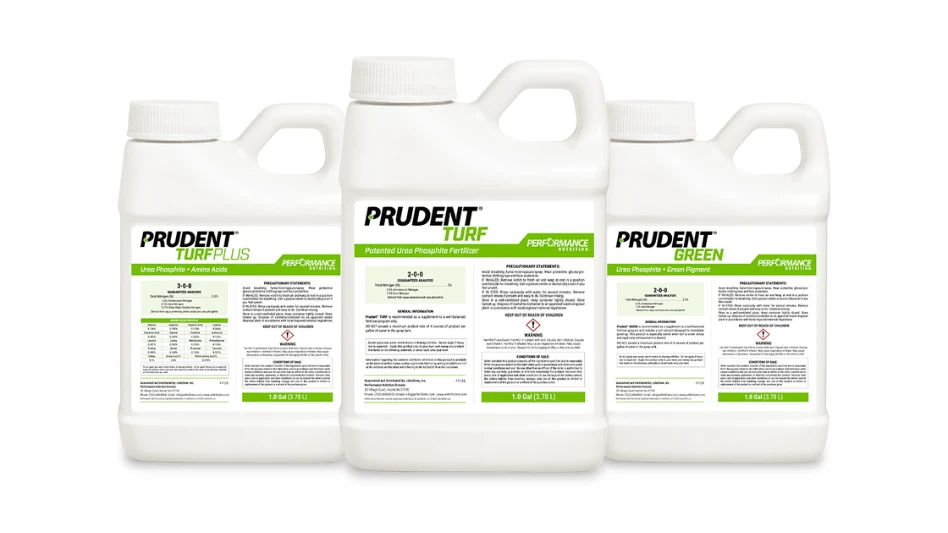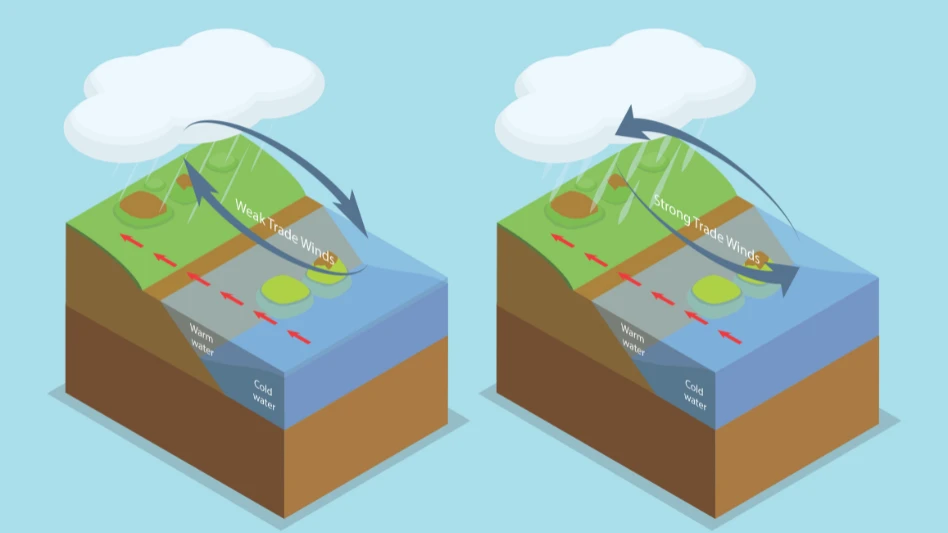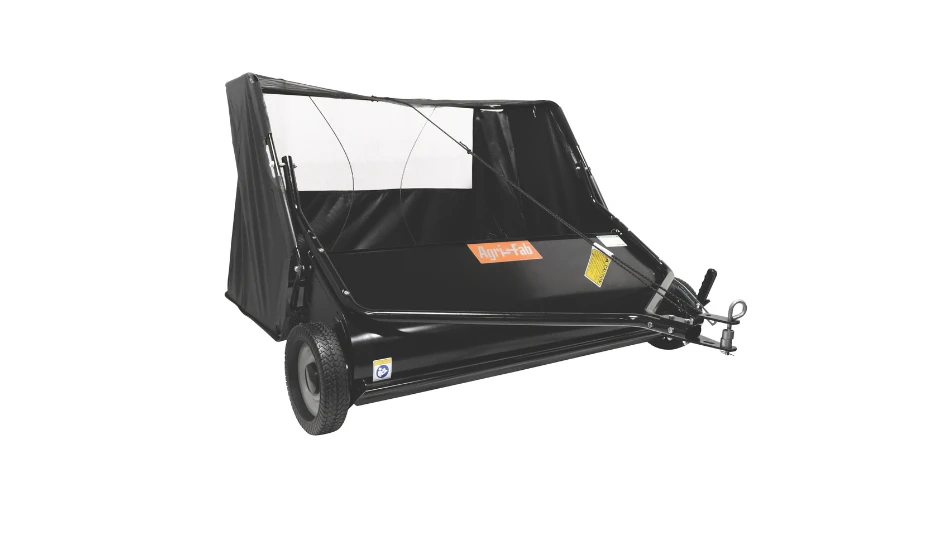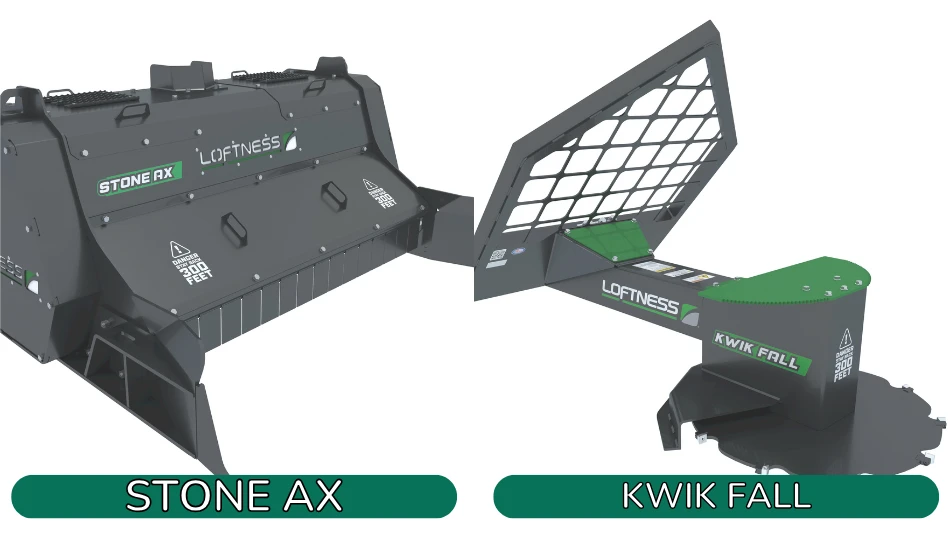WASHINGTON – Commercial landscapers, gardeners, nursery workers and others who handle vermiculite on a regular basis could face a significant risk of asbestos-related disease, according to a yet-to-be-released U.S. Environmental Protection Agency study. The risk for home gardeners is negligible due to the lower amount of exposure to vermiculite.
EPA plans to release a final version of the national study of asbestos contamination of garden and packaging products within a week. The agency is conducting additional tests, but some members of the vermiculite industry are already saying the EPA’s research is flawed.
Investigators in Seattle and Washington, D.C., repeatedly tested more than three dozen lawn products purchased in 11 states during the past five months. The initial round of tests found measurable levels of asbestos in five brands of vermiculite. The remaining lawn products tested – blends of soil, fertilizers and vermiculite – were either free of asbestos or contained only trace amounts.
Preliminary assessment for the commercial gardener’s group calculated a risk that could mean as much as one additional cancer for every 100 workers using the tainted vermiculite. Although government agencies differ over what degree of increased risk will trigger official action, most agree that anything greater that one extra cancer per 1,000 people is serious.
The EPA report was expected in early July. However, following a July 6 meeting at agency headquarters with members of the vermiculite industry, the EPA agreed to do more tests and risk assessments.
The meeting included senior EPA officials; scientists from consultant Versar Inc.; officers of The Vermiculite Association (TVA); representatives from The Scotts Co. and the Schundler Co., two of the nation’s largest producers of lawn and garden products; and representatives of W.R. Grace & Co. and Virginia Vermiculite, who run the country’s two largest vermiculite mines.
The group expressed concern over the EPA’s methods. "Based on comments made at the meeting, TVA has grave concerns that the planned Versar report of the testing may inappropriately emphasize Versar’s few findings of asbestos and thus be misconstrued by the public," association President Michael Allen wrote on July 18 to John Melone, director of the EPA’s National Program Chemical Division.
RELATED VERMICULITE NEWS. The New York Times recently reported that the EPA is looking into reasons why officials ignored for 18 years a study that showed W.R. Grace and Co. was using ore laden with asbestos in insulation and other building products that originate from vermiculite.
According to The Times, EPA officials said the agency shelved a 1982 study that found alarming levels of cancer-causing asbestos in ore that Grace had said included harmless amounts of the material.
The report resurfaced after the EPA began an investigation in December 1999 into a health crisis at Libby, Mont., where Grace mined vermiculite until 1990. Workers and residents there have died and are dying from lung disease at rates far above the national average.
Grace has maintained that its products contain only trace amounts of asbestos, far below the 1 percent level at which the EPA restricts its use.
Latest from Lawn & Landscape
- New Holland Construction expands D-Series range with 5 new diesel mini excavators
- WAC Lighting founder earns Long Island Business News Icon Award
- Riverview Landscapes acquires Unisource Commercial Landscape in Massachusetts
- Blue Diamond Attachments debuts HDX Rock Grapple Bucket
- Loftness Specialized Equipment's Kwik Fall tree saw
- Ruppert Landscape opens landscape maintenance branch in Houston
- JCB'S 400T compact track loader
- Cetane Associates adds Grant Su as analyst





